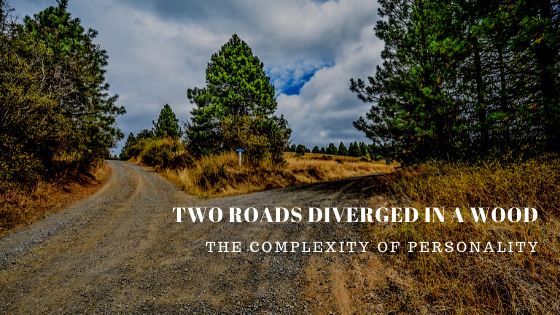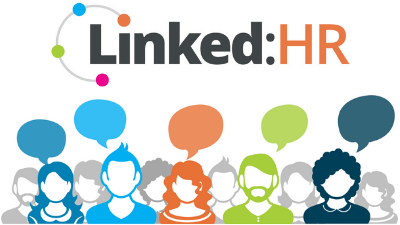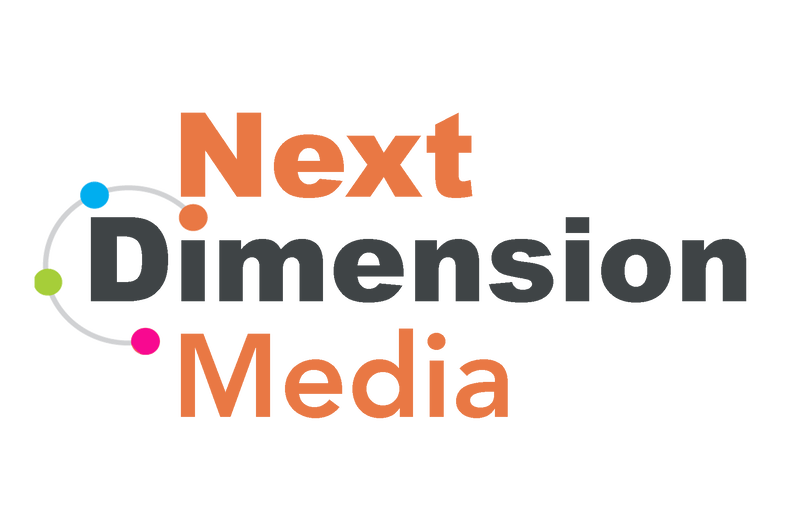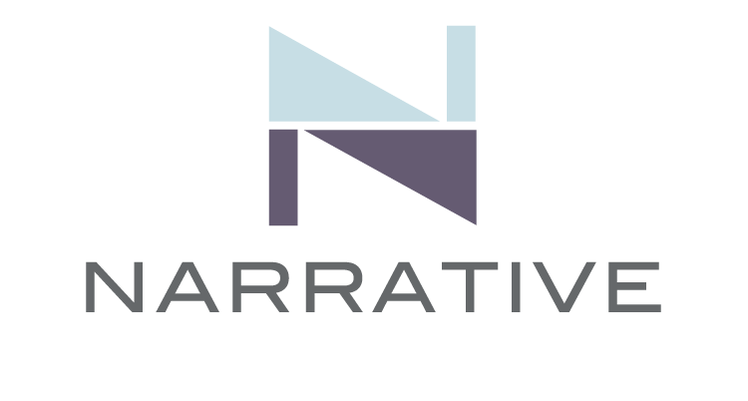|
Have you shared someone else's celebration? Have you experienced the celebration of another culture or invited colleagues from different cultures to share yours? Sharing celebrations is a wonderful way of respecting others and making them feel welcome. In this brief "flash learning" I suggest a couple of ways of bringing inclusion to the holidays year-round.
0 Comments
One of my favorite poems is The Road not Taken, by Robert Frost. I love thinking about the mystery and the possibilities of the two roads. I love the sense of adventure and wonder as I think of the road “less traveled by.”
Here's my problem: Even as we applaud people who take "the road less traveled by" - do we value path diversity? Do we accept that different people may not only choose different paths but also reach the same destinations through different routes? I argue we don't. Instead, we prefer cookie cutter approaches. We judge people according to the mold we learned to fit. Let's bring personality diversity into this mix. It's not uncommon for organizations to use personality assessments in recruitment. The assumption behind such use: Certain personality tendencies are more likely to lead to success in certain positions. Ergo, it makes sense to select people with those tendencies. Looking for a salesperson? You want an extravert, right? Hiring a customer service representative? Make sure the person is calm and never gets angry. Looking for a person working on a routine job? Weed out anyone with imagination - and so on. Is there a grain of truth to such practices? Yes. Introverted salespeople may feel tired after too much networking. Angry customer representatives will need energy to control their anger, especially if they feel anger towards the customers. Imaginative people working in routine jobs may feel discouraged and bored. However, I'll offer four reasons why only looking at personality trait tendencies is the wrong approach. REASON 1: THE ROAD LESS TRAVELED Introverted salespeople may be wonderful in one-on-one sessions. They may find it easier to listen to the customers and understand their needs. They could act as sales coaches, helping their customers find the best solutions. How about "angry customer representatives"? Sure, they will need to direct their angry feelings to the problem, not to the customer. That said, the very fact these people feel angry more than others may give them extra energy to fight for the customer or for the organization, whichever applies in the case. In addition, just because people "experience" anger, that does not mean they demonstrate or expresses anger. And imaginative people doing routine jobs? They may the ones coming up with a brilliant work-around that releases everyone from the routine job in question. More routine pieces of the job, for example, could be automated. Some paperwork that "has always been completed" may be irrelevant (and trust the imaginative soul to discover that quickly!) REASON 2: PERSONALITY TRAIT COMBINATIONS Never consider trait tendencies in isolation. A person prone to anger who has very high tact will show up differently from one who is prone to anger but tends to "tell it like it is." Introverts with high agreeableness (a trait that relates to enjoying helping others, feeling comfortable focusing on others' needs) may use their empathy as an energy booster. Imaginative and creative people with high conscientiousness (a trait related to perfectionism and discipline) will handle routine tasks they hate more easily than those with low conscientiousness. REASON 3: BEYOND TRAIT TENDENCIES Personality involves more than just trait tendencies. Psychologist Dan McAdams (see his website here) explains that personality involves three major layers: traits (extraversion, emotional stability, originality, etc.), characteristic adaptations (values, motivations, plans, stages of human development), and what he calls "life stories" – people’s overall identity, what gives their life "a sense of purpose." (for more information on McAdams' work, try reading this book - it's excellent). REASON 4: PERSONALITY IS ONLY PART OF THE PUZZLE Would you like one more reason to be cautious? One's effectiveness at work is not only predicted by personality. Besides trait tendencies, values and motivations, and overall identities, we need to consider other factors such as (a) interests, talents, and experiences and (b) the characteristics of the environment or situation. For example, introverted but experienced salespeople may be wonderful assets when know the product very, very well. They may also be successful if a "coaching sales style" is valued at the organization. One more critical piece of advice: Do you use personality type instruments in selection? Please - just don't. Personality type instruments are simply not precise enough. Intuitively, you know that there are more than four, or nine, or sixteen, or whatever finite number of "types" your instrument reports reveal. Even if you consider only five traits (the so called "Big Five," see here for more information or sign up for this Linked:HR free and SHRM pre-certified e-learning course) and five positions per trait (very low, low, medium, high, very high) you end up with 3,125 possible "types." On top of that, there are multiple subtraits associated with each trait. Personality types are simply shortcuts to represent a correlated set of traits. They may help people get started, but too many people would be "mistyped." In summary, as you consider using a personality instrument in your recruiting practices, remember the following:
With all that said, do I still support the use of personality assessments? Absolutely. I love the neutral language people receive to talk about differences. I love that we can build better teams, capitalizing on the natural tendencies and strengths of different people. We can rethink jobs, so that the same job does not require people to display opposite trait tendencies at the same time. And, on top of all that - nothing stops us from also discussing values, talents, interests, and other building blocks that make us unique and human. At the Master’s in Leadership Development at Drake University I direct, we address personality diversity right in the first course, and bring it back in practically all discussions. I firmly believe personality discussions should be part of all team building, leadership development, and other educational interventions in your organization. I leave you today with the question of the week:
Arsonists & Gardeners, Gatekeepers & Gate Changers
Have you ever received negative (or "developmental") feedback that "killed your soul"?
If you answered "yes" to the question above, possibly one of two things happened (and maybe both). First, you probably put considerable effort into the project or process for which you received feedback. Negative feedback (I am avoiding the euphemistic word "developmental" on purpose) stings more when we feel it is undeserved. Second, the person providing the feedback focused only or mostly on the problem areas. The person may also have been angry or treated you poorly. In this brief video, I first compare a person who cannot provide effective feedback to an arsonist who burns everything on sight. A good feedback provider is like a gardener who focuses on the beautiful plants without ignoring the weeds. Next, I discuss selection processes. I wonder in what situations people in charge of selection decisions should be gatekeepers. Gatekeepers are in charge of their "gates" and only allow in people who hold the "perfect key." Instead, organizations might profit from "gate changers" - professionals who change the rules. These leaders transform the gate to accept those with different talents, cultures, personalities, or even professional background. Think about your own experiences:
|
Dr. Cris WildermuthDr. Cris Wildermuth is Linked:HR's Community Leader and an Associate Professor at Barry University. You may find out more about Dr. Wildermuth's leadership development, ethics, and intercultural development consulting practice at THIS PAGE. Archives
March 2021
Categories
All
|
Thank you to our Sponsors!
Would you like to support Linked:HR? Consider becoming one of our sponsors! Your logo and services will be displayed in our page. Additional business services are available to our sponsors. Please CLICK HERE for additional information.
|
|




 RSS Feed
RSS Feed



